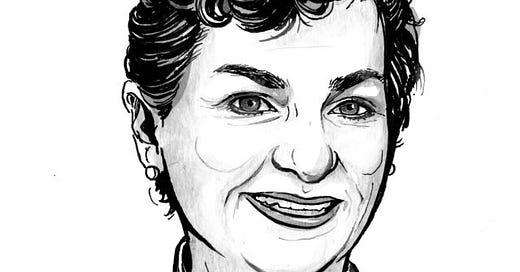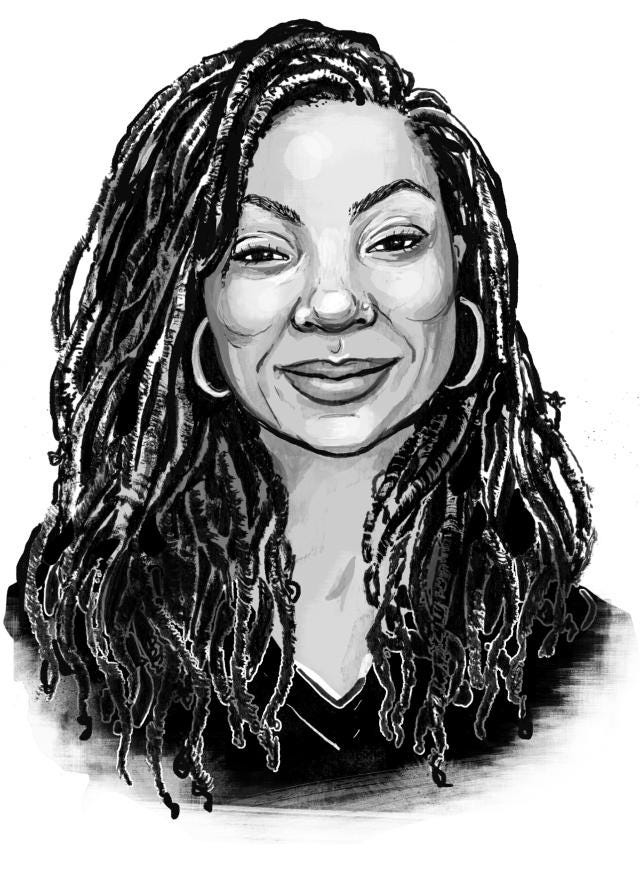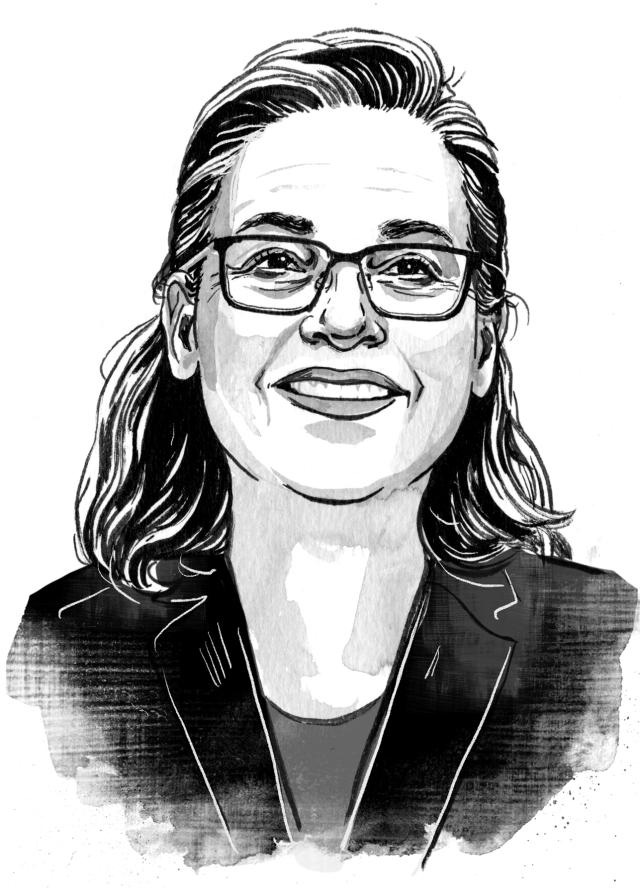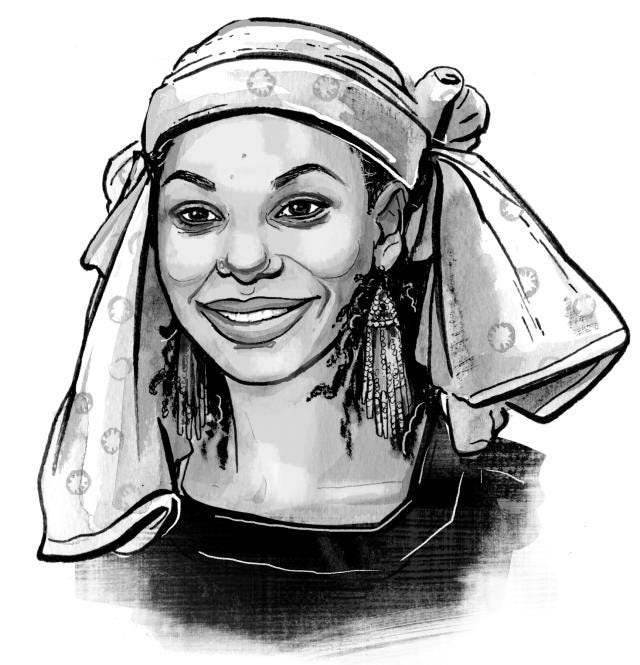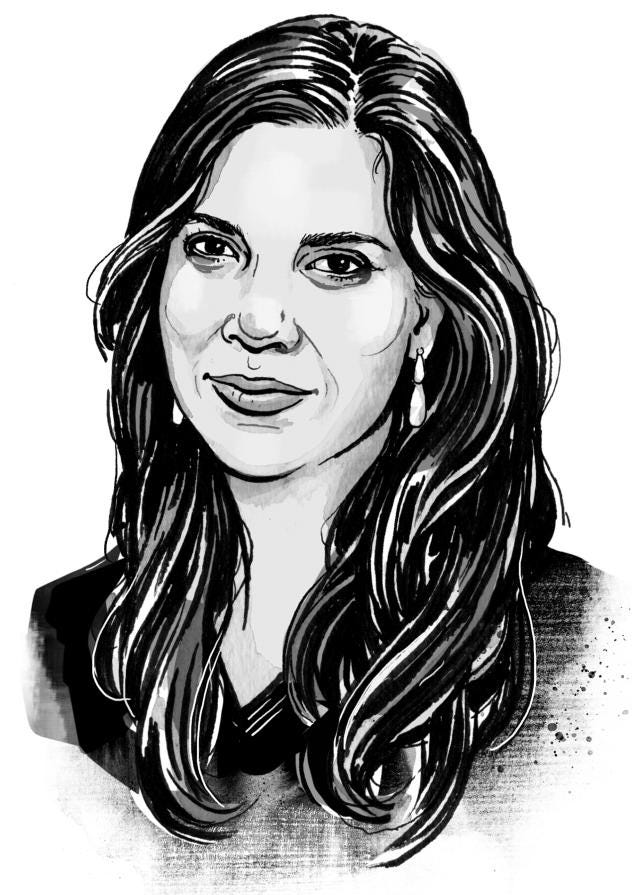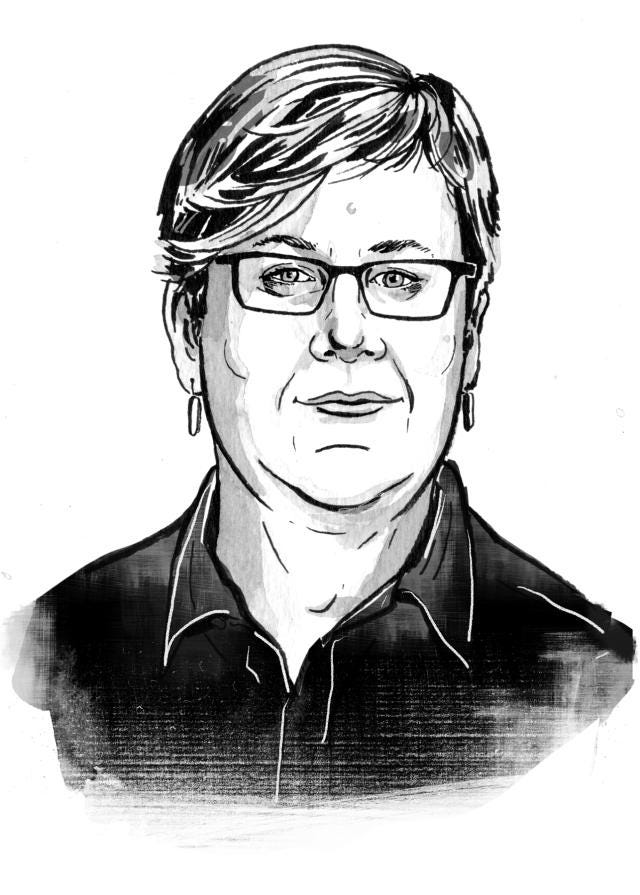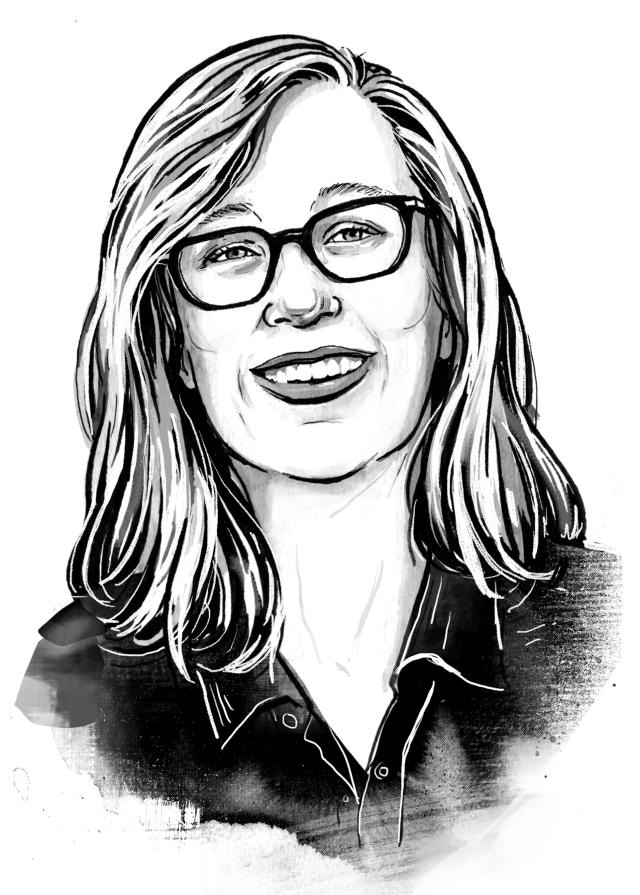This article lists the names and achievements of women that have made significant contributions to our collective battle against climate change.
From sinking islands to drought-ridden savannas, rising sea-levels to soaring temperatures, women bear an outsize burden of the global warming crisis, in large part due to gender inequalities. In many parts of the world today, women hold traditional roles as the primary caregivers in families and communities, and are more vulnerable when flooding and drought occur; the U.N. estimates 80% of those who have been displaced by climate change are women.
Given their unique position on the front line of the climate change battle, women are well situated to be agents of change—to help find ways to mitigate the causes of global warming and to adapt to its impacts on the ground. This reality was recognized by the Paris Agreement, which specifically included the global need to further empower women in climate decision-making. Today, across the world, from boardrooms and policy positions to local communities, from science to activism, women everywhere are using their voices to take leadership and call for action on climate change.
This article lists 7 such women.
Christiana Figueres — Diplomacy
After heading a climate-change nonprofit for eight years, Christiana Figueres took on leadership of the UNFCCC, the body responsible for international climate-change negotiations, at the agency’s lowest point. Just five months prior, the world failed to reach an agreement at the 2009 Copenhagen summit. She brought with herself a unique sense of optimism, attempting to remove the talks from what she called “the political trash can.” It worked: Figueres successfully steered world leaders to reach the landmark Paris Agreement in 2015. Along with a number of other women involved in the negotiations, Figueres was successful in shedding an important light on the gender dimension of climate change. She has also co-authored a book that discusses future scenarios and the opportunities at our disposal, titled The Future We Choose - The Stubborn Optimist’s Guide to the Climate Crisis.
Rhiana Gunn-Wright — Policy
While working in Detroit’s department of health in the mid-2010s, Rhiana Gunn-Wright realized how the environment shapes a wide range of social–justice issues. The government urgently needed to address climate change, she thought, but “you weren’t going to solve the problem with just solar panels,” she says. “People were being poisoned.” Now, Gunn-Wright is bringing that holistic approach to the national level, working behind the scenes at New Consensus, a think tank with ties to progressive lawmakers. As the group’s Green New Deal policy lead, she is charged with thinking through the detailed practical aspects of the program and strategies to pitch the bold climate plan. If progressive Democrats make further gains in Washington, Gunn-Wright’s proposals could wind up as law.
Hilda Heine — Governance
Climate change is both figuratively and literally at Marshall Islands President Hilda Heine’s doorstep. “Around my house, I have had to build a seawall,” she says, “because there is water coming over from the shoreline.” The sea is encroaching quickly on President Heine’s low-lying Pacific island state, and over the past four years, the government had to put in place adaptive measures like building coast–protection systems and seawalls. Heine has taken to the international stage to share the story of her country and the difficult decisions her compatriots are facing, including the possibility of relocating. She chairs the Climate Vulnerable Forum, a group of some 50 countries particularly in peril from climate change, despite having contributed a pittance to atmospheric greenhouse gases. Heine is adamant that everyone needs to take action; she’s committed the Marshall Islands to going carbon–neutral by 2050, and the nation was the first to submit its emissions pledge under the Paris Agreement.
Hindou Oumarou Ibrahim — Indigenous Activism
Hindou Oumarou Ibrahim, from the Mbororo pastoralist community in Chad, has spent the past 10 years working to bridge the gap “between the international decisions [on climate change] with the reality on the ground,” she says. “I want to tell people what it is like in my country.”
Traveling the nation to meet with indigenous groups, she kept hearing how much the environment was changing. “Each year I am seeing resources shrinking, and my people are struggling for survival,” says Ibrahim. Leading up to the historic 2015 climate-change meetings in Paris, she was a key leader among indigenous groups that successfully lobbied to have their rights recognized, and she was selected to speak at the signing ceremony of the accords. Indigenous communities are among the most vulnerable to the impacts of climate change, but they can also offer solutions, says Ibrahim. “The traditional knowledge of indigenous people, that is centuries old, can help the world adapt.”
Tessa Khan — Law
In 2015, Tessa Khan was living in northern Thailand and working on behalf of a women’s human-rights nonprofit when news of a district-court case more than 5,000 miles away caught her attention. A court in the Hague had ruled in favor of some 900 Dutch citizens and a group known as the Urgenda Foundation, which had sued the Netherlands, demanding that the state reduce its greenhouse–gas emissions. Khan realized the courts could be a powerful tool to fight climate change and in the process mitigate what she calls “one of the biggest systemic threats” to international human rights. She moved to London and joined Urgenda, where she now provides legal assistance to people around the world who want to take their governments to court over inadequate climate policies. She says she hopes the cases draw attention to the actions governments need to take to reduce the use of fossil fuels and to show how ordinary people will be impacted by climate change.
Rachel Kyte — Sustainability
As climate change has exploded as an issue on the international scene, Rachel Kyte has become a go-to expert for heads of state and multinational CEOs trying to figure out how to transition away from fossil fuels. In the lead-up to the September 2019 U.N. Climate Change Summit, she has played an influential role leading the U.N. Secretary General’s push for countries and companies to make new commitments to expedite the energy transition. As the leader of the World Bank’s climate program ahead of negotiations that yielded the Paris Agreement, Kyte developed strategies to make hundreds of billions of dollars available to developing countries eager to address climate change but lacking the resources. Kyte, just named dean of the Fletcher School at Tufts University, currently leads a nonprofit, Sustainable Energy for All, that seeks to bring energy to under-developed places while also helping them move away from fossil fuels. “We have to make sure we take care of everybody,” she says.
Kate Marvel — Science
In her online media presence in blogs and podcasts, Kate Marvel cuts through misinformation about climate change by making use of storytelling. “I don’t see doing science and talking about the science as mutually exclusive things,” she says. In 2013, as a postdoctoral researcher with the federally-funded Lawrence Livermore National Laboratory in Livermore, California, Marvel helped discover that human activity has almost definitely changed global rainfall patterns. Today she’s an associate research scientist at the NASA Goddard Institute for Space Studies at Columbia University, where she recently partnered with colleagues to study climate models and tree rings, and discovered that climate change has been affecting drought since 1900. Her approach to dealing with climate change might be best summed up in her 2017 TED talk on the currently unknown impact clouds could have on the future of global weather. “We don’t know for sure what the future holds. But we are sending our kids there, and they are never coming back,” she said. “I want them to be prepared for what they’ll face.”
Illustrations by Jacqui Oakley for TIME
Achievements noted and personalities curated from the following TIME Magazine Article:
https://time.com/5669038/women-climate-change-leaders/

